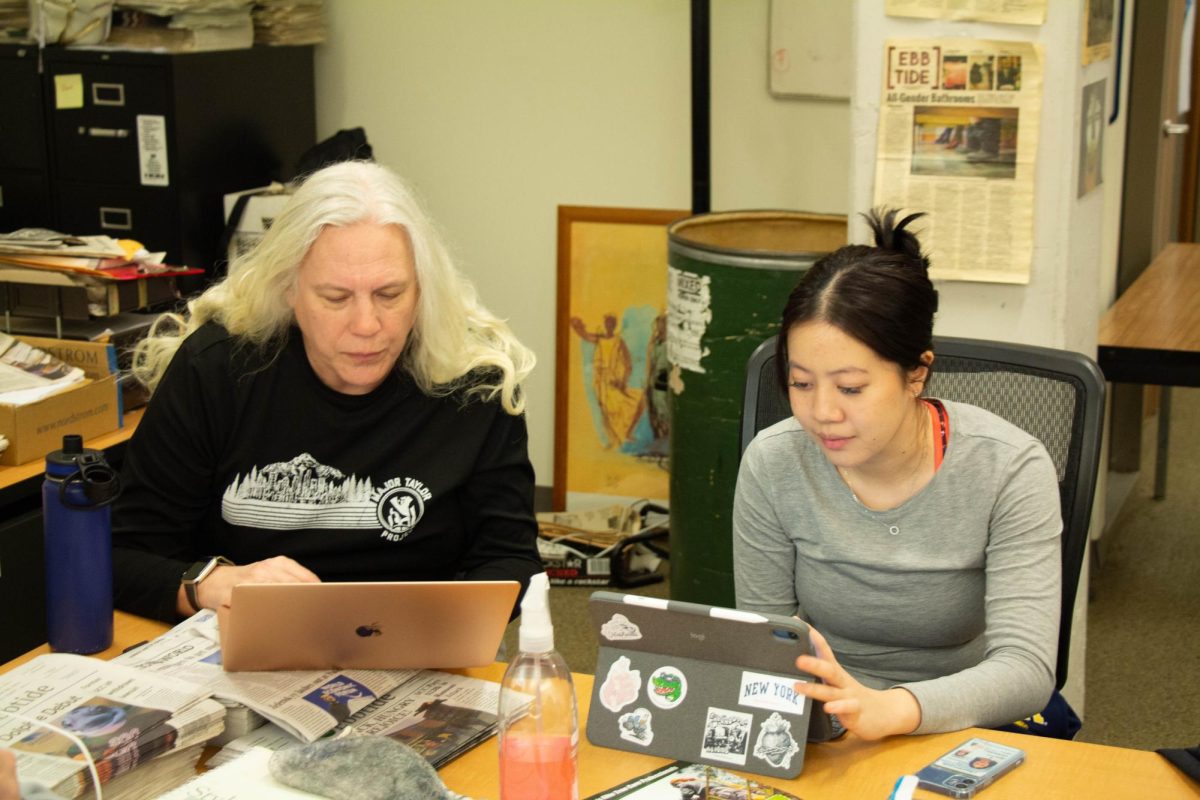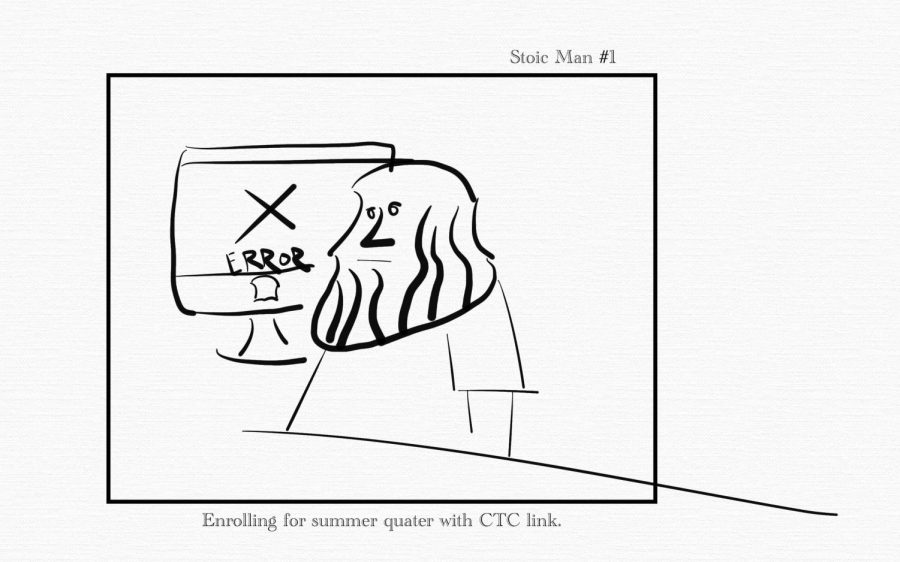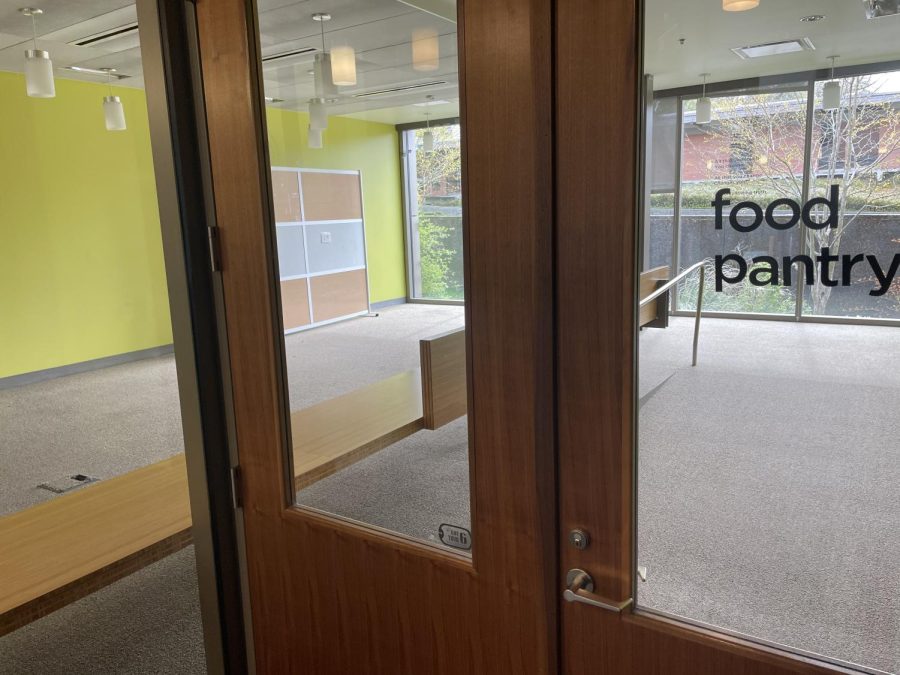MONEY TIPS FOR STUDENTS
A group of SCC students took time on a sunny day to learn about their credit.
Many young people make poor choices that affect their credit, and these students opted to see what they could do about it.
Students can avoid common mistakes by following several simple steps, as described by Laura Wisman in the Credit Scores & Building Credit workshop. Wisman is the Benefits Hub Coordinator, helping students get the information and resources they need to help them make ends meet. Credit can be complex, but Wisman says the right tools can help.
A common question at the workshop was whether international students have credit reports. The answer: Anyone who has paid rent or bills will have a credit history.
“I was scared that (looking up my score) would affect my credit,” said SCC student Valeria Bryce. Credit score requests can affect your score, but there are ways to get around that. You are allowed one free credit report a year through any of the main credit reporting agencies.
Wisman suggests another simpler option, however. Setting up an account with creditkarma.com lets you check your credit report and score as much as you’d like, without any penalties. Credit Karma does this by suggesting credit cards, but they’re upfront about the details and which cards you have the best chances of getting.
A credit score is a number from 300-850, kind of like an SAT score for money. The score tells lenders how trustworthy someone is to pay them back.
The score is calculated based upon a credit report, which includes previous addresses, and any history of paying bills. They’re interested in how much someone owes and if they pay bills on time.
Once someone knows what’s going on with their score, they can work to improve it. Paying off debts over time is the best way to do so. Creditors are looking to see that someone is reliable and able to pay their bills.
This has become easier to do with automatic bill pay, as people no longer have to remember to get bills paid on time. People will want to pay off their debt, so it gets smaller instead staying the same by just paying interest.
Once someone gets a handle on their credit, they should pay off accounts with a high percentage rate, but should be wary before closing an account. One factor affecting credit is the length of the credit history.
Having a credit card for a long time is a good thing in the credit world.
What about students who’ve never had credit? Anyone with a bank account can probably get a credit card with a decent rate through their bank. A credit union would probably be even better.
Remember to keep a first credit card open for a long time, so look for one without fees and with a low percentage rate, even if it has a low limit. Don’t rack up debt right away, just pay the bill.
With regular bill paying, people can be eligible for a higher credit limit, a card with benefits and a better rate. Being able to buy more expensive things and benefits is good, but the lower the percentage rate, the less you’ll be paying.
Benefits Hub offers a handout with the main points from the presentation. They also offer free financial coaching, for students who’d like help.
Phins interested in help with budgeting and credit can stop by Benefits Hub to get started.
Benefits Hub is located in the second floor of the PUB, and more info is online at https://www.uwkc.org/benefitshub/.













